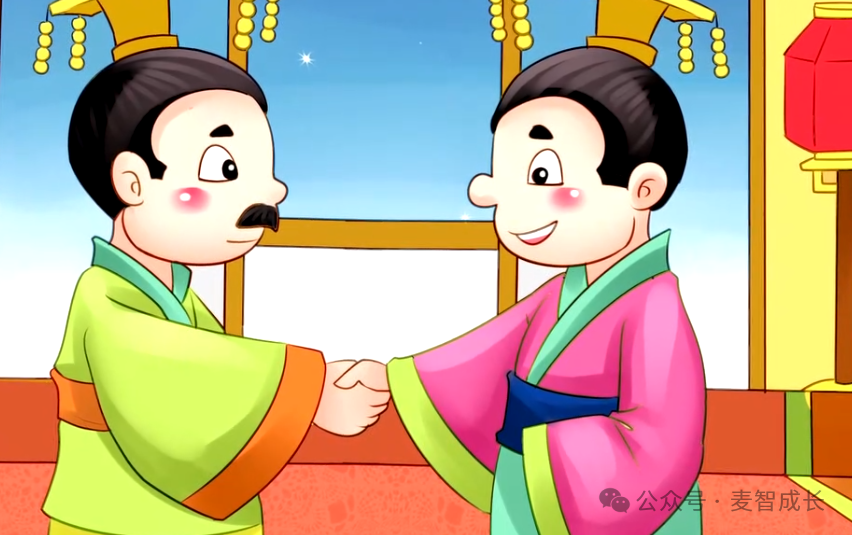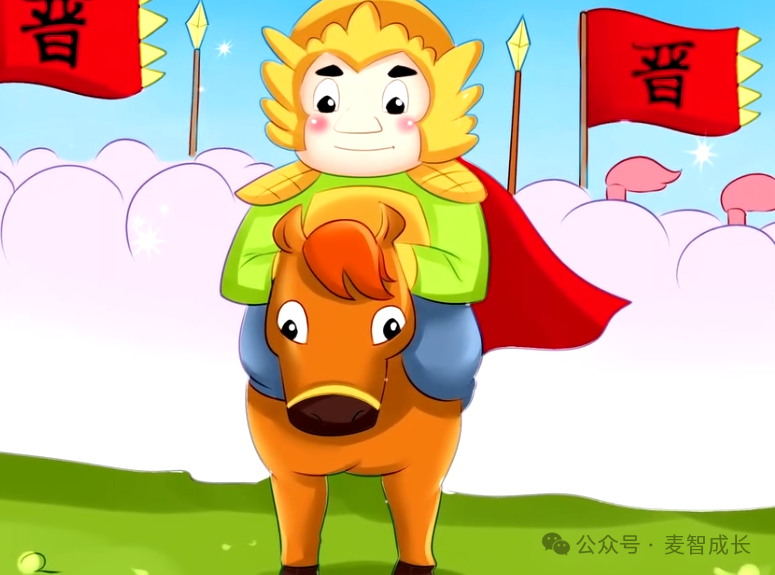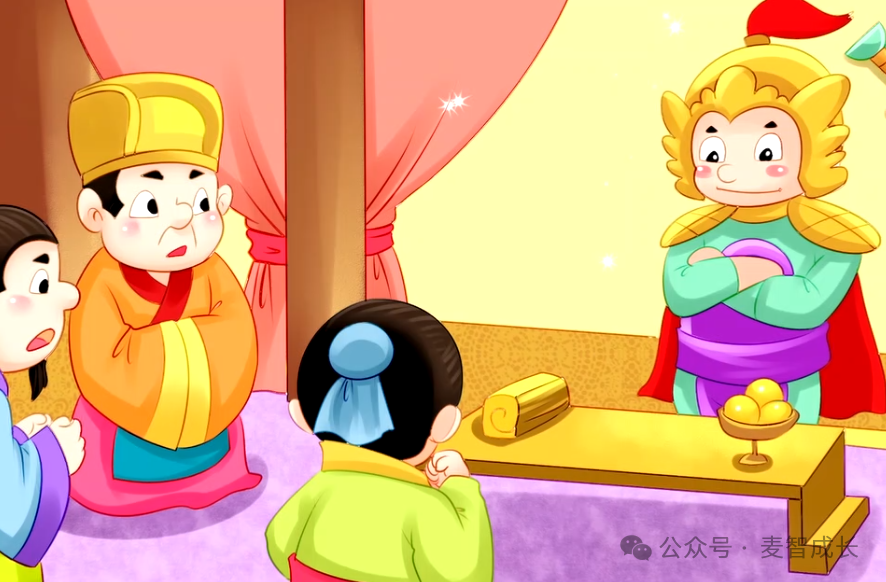用英語講中囯故事:Follow good advice readily 從善如流

During the Spring and Autumn period, the states were in conflict, and Zheng was a small state caught between Chu and Jin.
春秋时期,诸侯纷争,郑国是夹在楚、晋之间的小国。
During Duke Dao of Zheng’s time, Zheng signed an alliance with the northern states led by Jin.
郑悼公时,郑国与晋国为首的北方诸国订盟。
The following year, Chu attacked Zheng, and Jin sent Luan Shu as commander to assist Zheng, where the two armies met at Raojiao.
次年,楚国攻郑,晋国派栾书为帅率军援郑,两军于绕角相遇。

The Chu army retreated in fear, but the Jin army did not withdraw and sought to seize the opportunity to attack Chu's Cai region.
楚军不敢战而退,晋军未撤,欲趁机攻楚之蔡地。
Jin generals Zhao Tong and Zhao Kuo, leveraging their numerical advantage, wanted to advance south to occupy Cai and urged Luan Shu to attack.
晋将赵同、赵括仗着兵力优势,想南下占蔡,催促栾书下令进攻。
Just as Luan Shu was about to agree, the new middle army advisor Zhi Zhuangzi, upper army advisor Fan Wenzi, and middle army general Han Xianzi raised objections.
就在栾书欲同意时,新中军佐知庄子、上军佐范文子和中军将韩献子提出异议。

They said, "We deployed our troops to rescue Zheng and oppose invasion, as a just force. Now that Chu's army has retreated, attacking Cai would be unjust.
他们说:“我们出兵是为救郑反侵略,乃正义之师,现楚军已退,攻蔡则不义。
Furthermore, Chu has sent elite troops, making this battle difficult to win. Regardless of victory or defeat, it is detrimental to Jin.
且楚派精锐部队,此战难胜。不论输赢,对晋皆不利。
Winning would lead to criticism for wasting resources attacking small regions, while losing would ruin Jin’s reputation, making it impossible to face the Jin ruler and people. Therefore, we should not fight."
胜则被说以大军攻小地,浪费人力;败则晋军声誉尽毁,无颜见晋君百姓。所以不能打。”
Luan Shu, after deep consideration, found their arguments reasonable and decided to stop the attack on Cai, withdrawing the army back to Jin.
栾书深思后,认为有理,遂停止攻蔡,撤军回晋。

Two years later, Jin again sent Luan Shu to attack Cai, achieving a great victory and capturing Chu’s minister Shen Li.
两年后,晋国又派栾书攻蔡,大获全胜,还擒获楚国大夫申骊。
Luan Shu initially intended to continue attacking Chu’s homeland, but Zhi Zhuangzi and others suggested attacking Shen first.
栾书本欲接着攻楚本土,知庄子等人建议先打沈国,
After analyzing the situation, Luan Shu agreed, and the Jin army then attacked Shen, capturing its ruler Yi Chu.
栾书分析后采纳,晋军进攻沈国,俘获其国君揖初。
The Jin army was well-prepared this time, leaving Chu powerless to resist. People believed the victory was due to Luan Shu's heeding of good advice.
此次晋军准备充分,楚国无可奈何。人们觉得晋军此次大胜,是因栾书听了良言。
When Jin first prepared to attack Cai, most of the soldiers agreed, but Luan Shu listened to the minority opinion.
晋军首次准备攻蔡时,多数将士赞同,栾书却听少数人意见。

A soldier asked, “Saints achieve great things by following the majority. Now, among twelve generals, only three oppose attacking Cai. Why do you listen to the minority rather than the majority?”
有将士问:“圣人听多数人意见成大事。现十二将领,除元帅,仅三人反对攻蔡,您为何不听多数听少数?”
Luan Shu replied, “The opinions of these three are correct, and correct opinions represent the true majority. Is it not right to follow correct advice?”
栾书答:“这三人意见正确,正确即代表多数。我听正确意见,难道不对?”
Because Luan Shu correctly listened to his subordinates' advice, people praised him, saying, “Luan Shu follows good and correct advice as naturally and swiftly as water flowing downward.”
正因栾书能正确听取部下意见,人们称赞他:“栾书听从好且正确的意见,如水流向下般自然迅速。”
The idiom “Cong San Ru Liu” describes the ability to quickly and smoothly accept others' correct opinions.
“从善如流” 这个成语形容能迅速顺畅接受他人正确意见。
